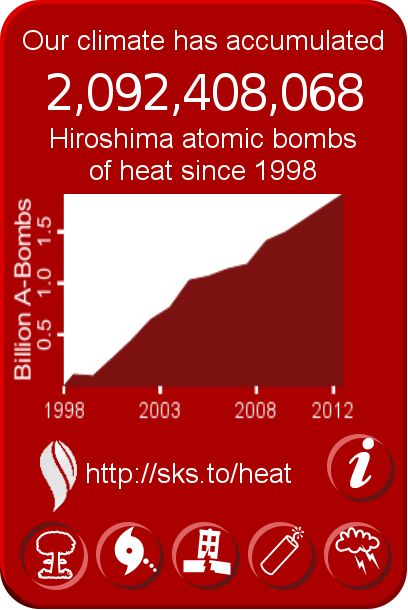GHung wrote:... Got a garden?
Actually, I do.
More fruit trees, vines and shrubs, than vegetables. Though I have some herbs. I retired the bee hive after the heart attack.
I've been embracing climate change and pushing the envelope to see what will grow this far north (Connecticut). Zone 7b
I've got Tea bushes and Figs growing in the ground year-round. Who knew? My next experiment is Yuzu citrus and Owari. Some of the rest of the crop...
Apples - Honey Crisp, Macoun, Granny Smith
Pears - Asian - 20th Century
-------- European - Seckel, D'anjou
Peach - White Lady
Apricot
Pluot - combo
Kiwi - several
Pawpaw
Elderberry
Red Currants
Blueberries
Raspberries
Blackberries
Figs
Goumi
Bush Cherries
Now if I can convince the Haitians and Cubans next door to quit using round-up like it's a universal solvent I'll die a happy person.
The community garden and orchard that the local representative and I started about 8 years ago is producing plenty of Apples, pears and peaches. There are about 40 families growing stuff on about 3 acres.
I've been trying to work with the Town planning committee to start integrating food security into their long-term plan. I'll let you know how that works out.












